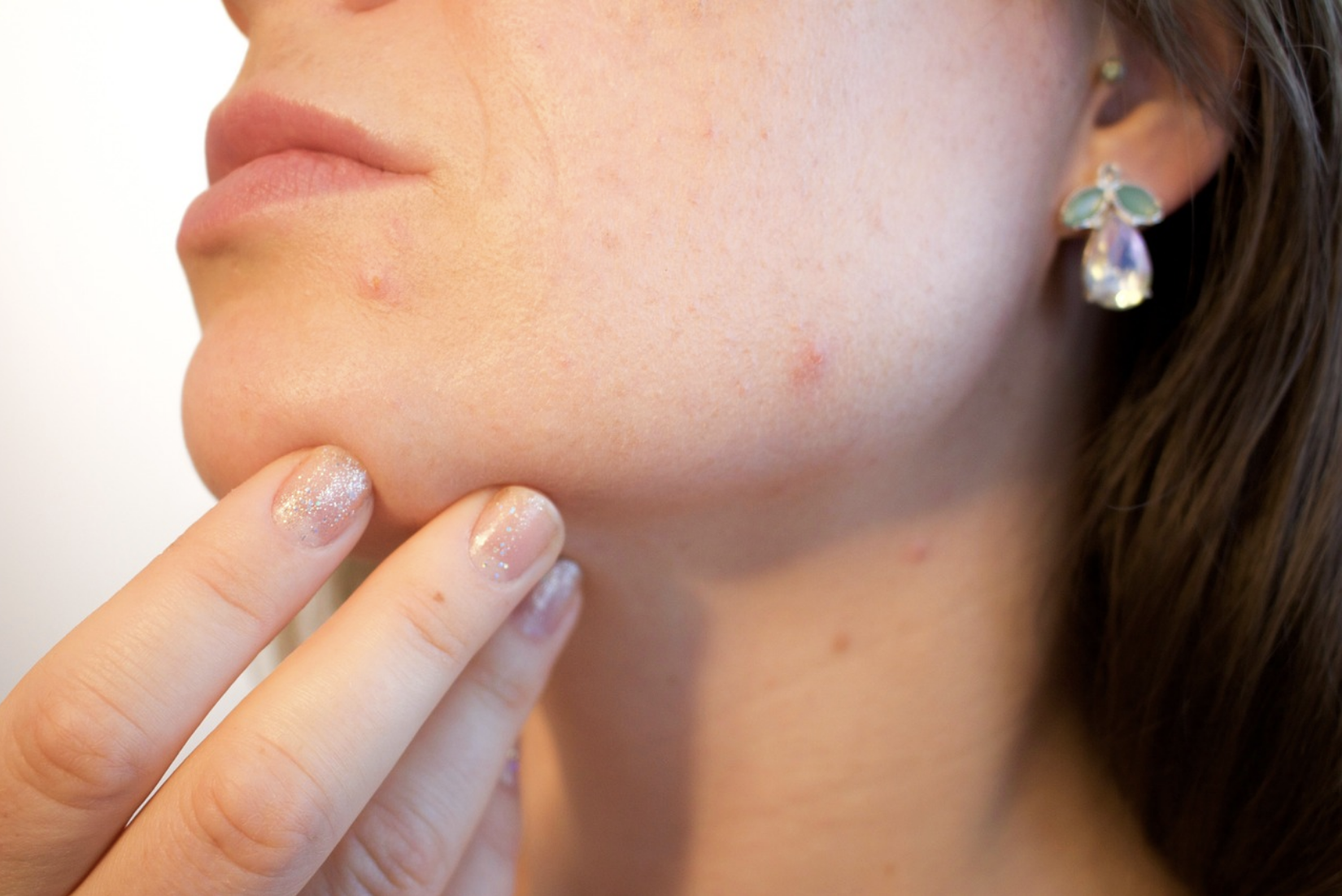Scars from acne can affect our confidence and physical appearance as well as our appearance on the outside. While acne is a common skin condition in and of itself, not everyone gets scars. Acne scar prevention necessitates an understanding of the factors that can cause scarring. In order to assist you in taking proactive steps to reduce the likelihood of developing acne scars, we will examine a number of surprising factors that can cause them in this article.
Squeezing and Picking Pimples:
The habit of picking, squeezing, or popping pimples is one of the most significant contributors to acne scars. This can prompt aggravation, tissue harm, and the spread of microorganisms, improving the probability of scarring. It is crucial for oppose the compulsion to control skin inflammation injuries and on second thought permit them to normally recuperate.
Inadequate or delayed care:
Delaying or not treating acne effectively can make scarring more likely. Acne can cause deeper, more severe inflammation that is more likely to cause scarring if it is not treated or managed properly. Scarring risk can be reduced by following a proper skincare regimen and seeking professional guidance.
Hereditary qualities and Skin Type:
How your skin responds to acne and the likelihood of developing scars are both influenced by your genetics and skin type. Due to their genetic makeup or having particular skin types, such as oily or acne-prone skin, some people are more likely to develop scars. You can find the right treatments and take preventative measures by knowing your skin type and genetic predispositions.
Acne severity and duration:
Scarring can be more likely if acne flares are severe and last for a long time. When compared to acne that is mild or moderate, deep, inflamed cystic lesions are more likely to leave scars. Also, tireless or constant skin inflammation that goes on for a drawn-out period increases the risk of scarring. Acne treatment and early intervention can reduce the likelihood of scarring.
In the Sun:
Over-the-top sun exposure can deteriorate the presence of skin inflammation scars. Acne scars can be more obvious due to changes in pigment caused by UV radiation. To reduce the risk of post-inflammatory hyperpigmentation and other sun-related skin damage, it is essential to use sunscreen to protect your skin and seek shade.
Foods That Inflame:
Certain food varieties with a high glycemic index, like handled carbs, sweet bites, and dairy items, may cause irritation in the body. Irritation can fuel skin breakouts and possibly increase the risk of scarring. Keeping a reasonable eating regimen rich in organic products, vegetables, whole grains, and lean proteins can assist with lessening irritation and promoting better skin.
Scar Management Mistakes:
Scar management mistakes can make acne scars look even worse if they do happen. Picking at or endeavoring to self-treat scars with unforgiving items or forceful strategies can prompt further harm and postpone mending. Scar management strategies can be discussed with a dermatologist or other skincare professional.
Conclusion:
Acne scars can be upsetting, but the first step to preventing them is to learn about the things that can cause them. To reduce the likelihood of developing acne scars, it is essential to avoid picking or squeezing pimples, seek prompt and appropriate acne treatment, protect your skin from the sun, eat a healthy diet, and properly manage any existing scars. You can help promote scar-free, healthier skin and improve your overall confidence and well-being by taking a proactive skincare approach and seeking professional guidance when necessary.
